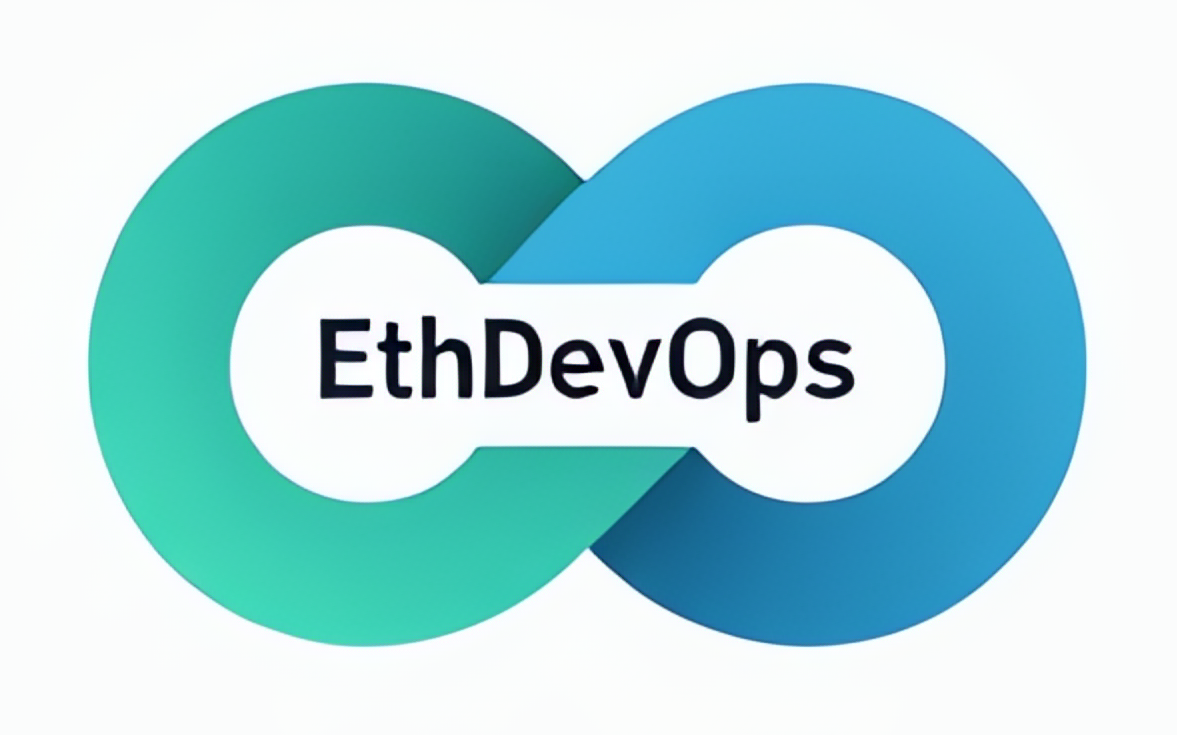EthDevOps is grounded in five guiding principles that embed ethical thinking into every stage of the software lifecycle. These principles provide a framework for building systems that are not only functional and secure but also socially responsible and trustworthy.
1. Ethical by Design
Embed ethics from the beginning.
Ethical considerations should be integrated into system design, not added after the fact. From the first user story to deployment, teams assess potential risks and value conflicts, ensuring fairness, safety, and respect for users are foundational elements—not optional extras.
2. Transparency First
Make processes and decisions visible and understandable.
Transparency builds trust. EthDevOps promotes clear documentation, open communication, and explainable systems. Whether it’s code decisions, data usage, or AI behavior, stakeholders should know what’s happening and why.
3. Inclusive Responsibility
Everyone owns the ethical outcome.
Ethical responsibility isn’t the job of a single specialist. From developers to operations teams, from product owners to testers—everyone plays a role in identifying and addressing ethical concerns. Shared accountability is key to sustainable, value-aligned delivery.
4. Continuous Ethical Improvement
Treat ethics as a dynamic process.
Just like code, ethical standards evolve. EthDevOps encourages frequent retrospectives, stakeholder feedback, and iterative refinement of ethical practices. Learning from real-world impact helps teams course-correct and improve.
5. Impact-Aware Development
Think beyond the build.
Software has consequences. Teams should consider how systems affect users, communities, and the environment. EthDevOps fosters a mindset that anticipates long-term effects—positive and negative—and prioritizes outcomes that serve the greater good.
Together, these principles form the ethical backbone of EthDevOps. They enable teams to deliver software that’s not just technically excellent, but ethically resilient and socially conscious.


Leave a Reply